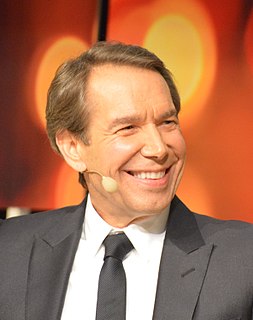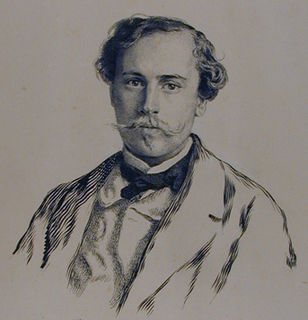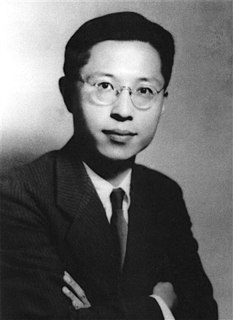A Quote by Mary Oliver
Poetry is a serious business; literature is the apparatus through which the world tries to keep intact its important ideas and feelings.
Related Quotes
The quality of light by which we scrutinize our lives has direct bearing upon the product which we live, and upon the changes which we hope to bring about through those lives. It is within this light that we form those ideas by which we pursue our magic and make it realized. This is poetry as illumination, for it is through poetry that we give name to those ideas which are, until the poem, nameless and formless-about to be birthed, but already felt.
After reading Edgar Allan Poe. Something the critics have not noticed: a new literary world pointing to the literature of the 20th Century. Scientific miracles, fables on the pattern A+ B, a clear-sighted, sickly literature. No more poetry but analytic fantasy. Something monomaniacal. Things playing a more important part than people; love giving away to deductions and other forms of ideas, style, subject and interest. The basis of the novel transferred from the heart to the head, from the passion to the idea, from the drama to the denouement.
Perhaps the chief cause which has retarded the progress of poetry in America, is the want of that exclusive cultivation, which so noble a branch of literature would seem to require. Few here think of relying upon the exertion of poetic talent for a livelihood, and of making literature the profession of life. The bar or the pulpit claims the greater part of the scholar's existence, and poetry is made its pastime.
"Connected" is the triumphal cry these days. Connection has made people arrogant, impatient, hasty, and presumptuous... I don't doubt that instant communication has been good for business, even for the publishing business, but it has done nothing for literature, and might even have harmed it. In many ways connection has been disastrous. We have confused information (of which there is too much) with ideas (of which there are too few). I found out much more about the world and myself by being unconnected.
It has seemed to me that literature, as I meant it, was embattled, that it was increasingly difficult to find writing doing what I thought literature should do - which was simply to push people into changing their ideas about the world, and to go further, to encourage us in the work of changing the world, to making it more just and more truly human.
The therapist does not treat patients by simply giving them another set of beliefs. He or she tries to help them see which kinds of ideas and beliefs have led to their suffering. Many patients want to get rid of their painful feelings, but they do not want to get rid of their beliefs, the viewpoints that are the very roots of their feelings.






































